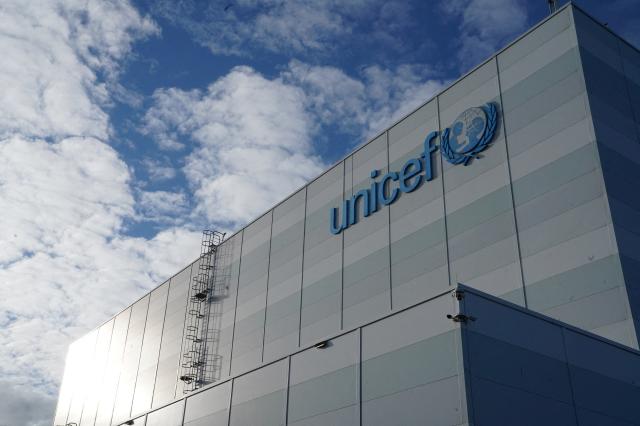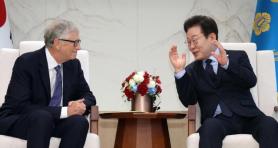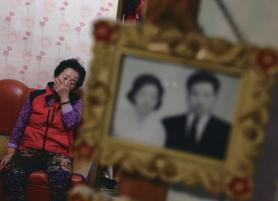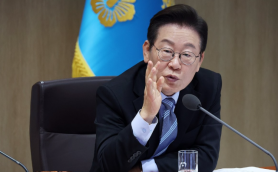
SEOUL, September 02 (AJP) - North Korea has received nearly 2.72 million vaccine doses this year through UNICEF, restoring nationwide immunization services disrupted during the pandemic, A United Nations official told AJP through a written interview.
Roland Kupka, UNICEF's interim representative to North Korea, said that three chartered flights delivered 1.57 million Pentavalent, 678,000 Measles-Rubella (MR), and 469,000 Inactivated Polio Vaccine (IPV) as of August this year. The flights arrived in January, March, and May, with two additional flights scheduled later this year.
Pentavalent, or Penta, protects children from five major diseases, including diphtheria, tetanus, pertussis, hepatitis B, and Hib-related infections. The MR vaccine prevents measles and rubella, while the IPV vaccine guards against polio. These vaccines are central to routine immunization, scheduled childhood vaccinations delivered through the health system, and form the backbone of basic preventive care in low and middle-income countries, including North Korea.
Kupka also said "two major water supply projects are under construction and expected to finish by year's end," benefiting more than 23,000 people, including five schools and four health facilities. The projects aim to expand access to safe drinking water in local communities.
He added that "25 containers of essential nutrition and medical supplies have been delivered," ensuring continued treatment for malnourished children.
Gavi, the Vaccine Alliance, said it continues to support routine immunization in North Korea through partners such as the World Health Organization (WHO) and UNICEF. "In 2024 and 2025, partners have supported several campaigns to help recover immunization coverage to pre-COVID levels," the organization said.
The progress marks a sharp turnaround from the pandemic years, when North Korea's border closures cut off vaccine supplies from international organizations. Immunization coverage plummeted from 96 percent in 2019 to 42 percent in 2021, leaving hundreds of thousands of children at risk. UNICEF said the recent deliveries "enabled the successful completion of two nationwide multi-antigen catch-up campaigns," fully restoring routine immunization services. The shipments represent a major recovery since the pandemic.
In 2024, UNICEF had already delivered more than 4 million vaccine doses to North Korea, launching a large-scale catch-up campaign. The 2025 shipments build on that effort to maintain immunization coverage.
North Korea also faces severe food insecurity. According to a 2022 report from the World Food Programme (WFP), an estimated 10.7 million people, more than 40 percent of the population, are undernourished. The situation is also reflected in a 2025 UN food security report, which found that 16.6 percent of children under five are stunted.
To address these needs, WFP is providing specialized nutritious foods to vulnerable groups such as pregnant women, nursing mothers, and young children through nurseries, hospitals, and schools.
Copyright ⓒ Aju Press All rights reserved.




